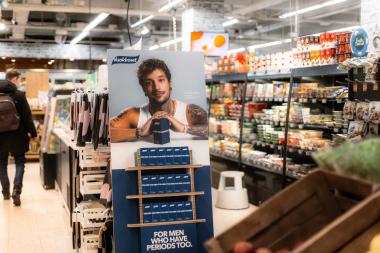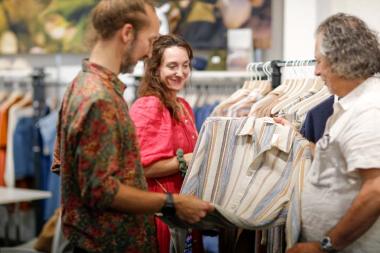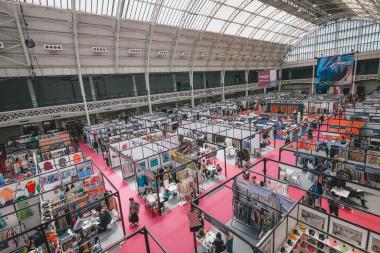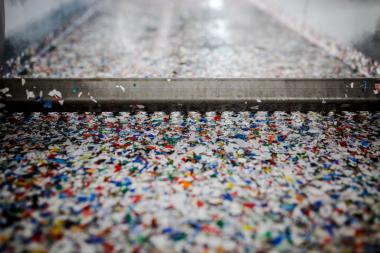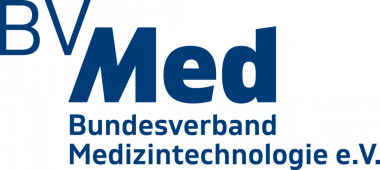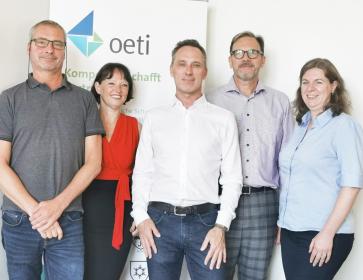Re:NewCell initiates a strategic review
Re:NewCell AB (publ) has created a patented process for 100% textile-to-textile recycling and has invested over SEK 1,300 million to establish an innovative and efficient textile recycling plant. The industrial scale plant in Ortviken currently has a capacity to produce up to 60,000 tonnes on an annual basis.
As communicated on 12 October, the Company has experienced lower than anticipated sales volumes to fiber producers in the third quarter and as communicated on 1 November and 7 November, the Company had low sales volumes in October. In addition, sales volumes in November are now expected to be lower than previously anticipated and in line with October sales volume. Discussions are ongoing with a number of customers to secure orders, but it is uncertain when they will materialise.
Therefore, Re:NewCell hereby announces that its Board of Directors has decided to immediately initiate a strategic review to explore and evaluate various funding alternatives. As part of this process, the Board of Directors will consider all potential alternatives to secure funding and optimise shareholder value. Such alternatives may include additional debt funding, equity injection through the form of a rights issue, equity injection through a directed issue targeted to a financial or strategic investor or other possible strategic transactions.
The Board of Directors has retained ABG Sundal Collier as financial advisor to assist in its review of alternatives. Vinge has been appointed as legal advisor in connection with the review process.
The Board of Directors has not set a timetable for completion of its review, but the process will be initiated immediately. Subject to compliance with its ongoing disclosure obligations pursuant to applicable laws and regulations, Re:NewCell undertakes no obligation to make any further announcements regarding the strategic review until a final decision is made by the Company’s Board of Directors.
Re:NewCell AB (publ)





